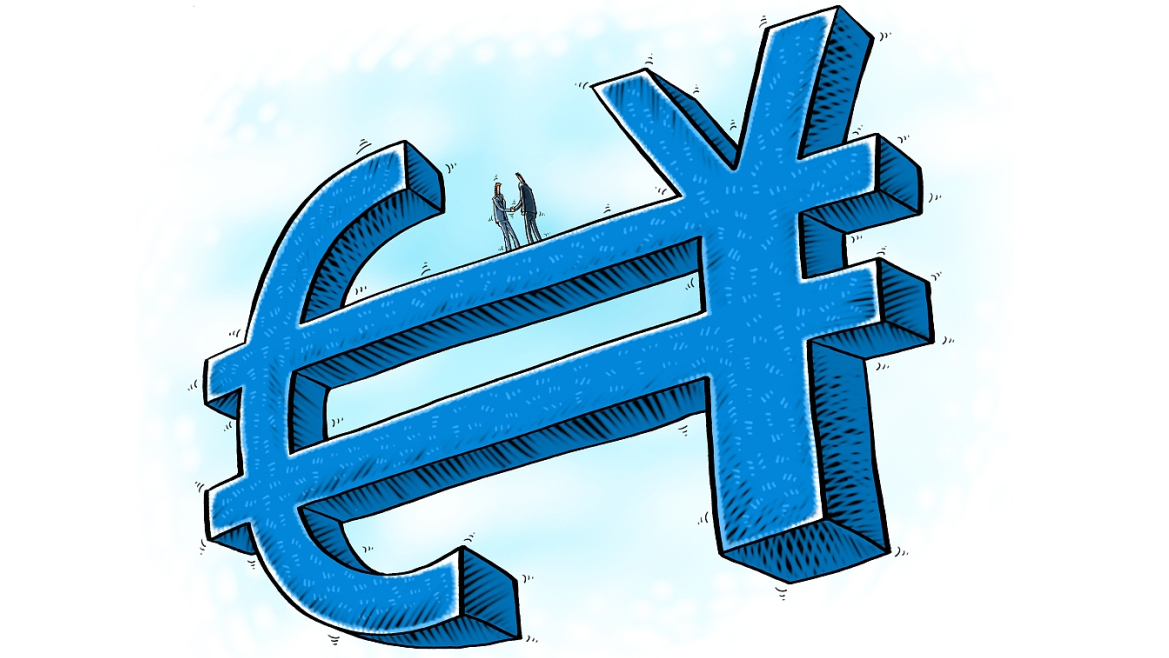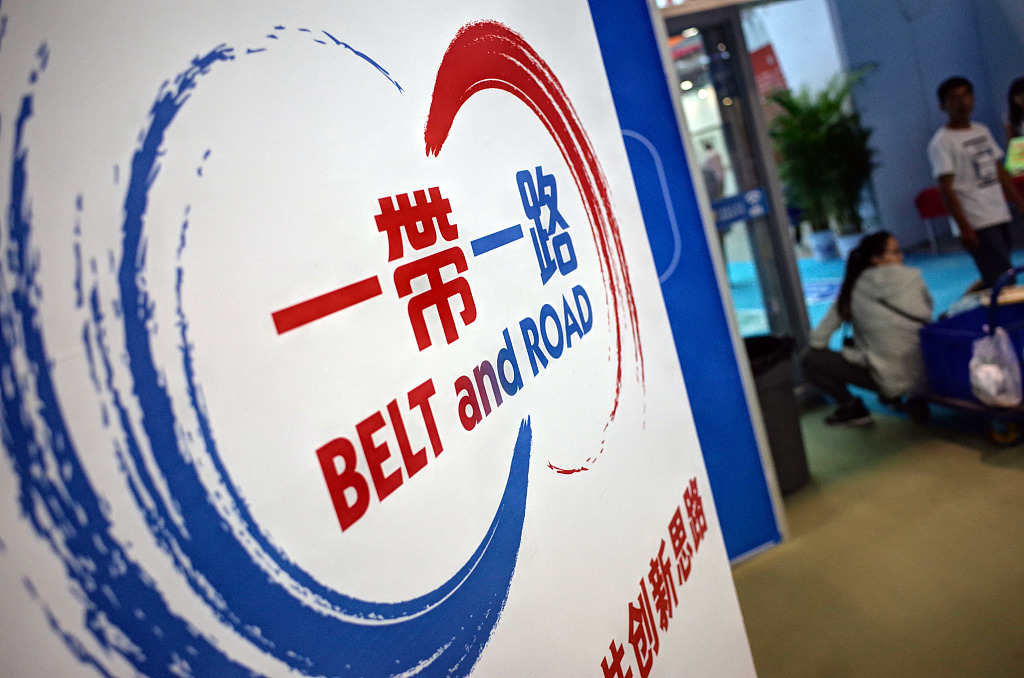
Editor's Note: Seymur Mammadov is the director of the international expert club EurAsiaAz and editor-in-chief of Azerbaijan's news agency Vzglyad.az. The article reflects the author's opinion and not necessarily the views of CGTN.
From November 10 to 12, Сhinese President Xi Jinping paid a state visit to Greece. During the visit, the leaders of both countries held a broad exchange of views on issues such as strengthening political mutual trust, deepening pragmatic cooperation and promoting dialogue between civilizations.
The most important element of the bilateral negotiations was that a consensus was reached between China and Greece and a fruitful result that will further strengthen bilateral ties both within the framework of the Belt and Road Initiative (BRI) and at the multilateral level. Most importantly, the visit will undoubtedly provide new opportunities for expanding contacts between the people of the two countries and serve the further development of relations between China and the European Union (EU).
Relations between Europe and China are developing in an ascending line, despite pressure exerted on countries by the United States. Italy, for example, in March 2019 joined the BRI despite external pressure. From this, we see the growing interest of the European Union member countries in close cooperation with China.
While China provides money to Europe, the United States supplies the region with weapons and increases its military presence in Europe. A striking example of this is the entry of Northern Macedonia into NATO, which could happen in the coming months. The process of expanding the North Atlantic Alliance will not lead to anything good, but it can only provoke a new wave of tension on the European continent.
China, in its foreign policy strategy, focuses exclusively on creating harmony throughout the world, and the BRI is the driving force behind this strategy. But Washington and Brussels strongly doubt China's pure intentions, fearing that Greece, Italy and other European countries will become financially dependent on China and turn into its outpost in the region.
What are the interests of China in Europe and why does Europe need to be friends with China?
China invites Europe to jointly implement the BRI, which from the day of its implementation to this day has fully justified itself and is considered the best global project uniting world countries into a single whole.
Perhaps some countries believe that regional leadership may "grow" into regional domination in the future, but this is not the case, since the concept of "mutually beneficial cooperation" and "raising the level of economy of the participating countries" are at the core of the BRI.

Belt and Road Initiative. /VCG Photo
Belt and Road Initiative. /VCG Photo
Because of Chinese loans, a number of countries are raising the level of their economies, building new industrial enterprises, and developing research projects in draft industries. Along with the growth of the economy, new jobs are appearing and all this has a positive effect on the well-being of people. For other countries, China's initiative has become the strongest factor in economic development.
Some countries are seriously engaged in the modernization of their transport and logistics routes – this is the construction of ports, logistics centers, railways. Among such countries are Azerbaijan and Kazakhstan.
For example, after Azerbaijan joined the Silk Road Economic Belt, the following projects were implemented: The Baku-Tbilisi-Kars railway, the Absheron Logistics Center, etc.
It's true that the transport infrastructure in Azerbaijan is being updated, modernized mainly from its own funds, but one of the main factors that served to modernize the transport and logical routes in Azerbaijan is the Chinese initiative.
Europe understands well the full benefits of the Chinese initiative; therefore it is not surprising that today many European countries are also paying great attention to the development of their transport system, especially those with access to the sea – Romania, Bulgaria, Greece, Italy, France, the Netherlands, Lithuania , Latvia, Estonia and others.
These countries face the most important task – to increase the efficiency of their seaports. China is the partner to look to when it comes to helping them develop their transport system under the BRI framework. Because China, unlike other major powers of the world, makes a big bet on the modernization of European seaports, while the United States, for example, is interested in creating military and naval bases throughout Europe.
On the other hand, China today offers cooperation to European countries not only in the field of transport and logistics, but also in the fields of trade, investment, electricity, communications, manufacturing, and finance.
Cooperation with China in these areas promises only benefits to European countries. A number of European countries have already felt the positive effect of close cooperation with China. The cooperation between China and the countries of Central and Eastern Europe (CEE) has enriched the content of Сhina-European relations of a comprehensive strategic partnership.
There is no doubt that European countries want to steadily develop friendly relations with China, and further strengthen practical cooperation with them in various fields, such as investment, trade and the economy, as well as jointly contribute to a more balanced international order.
(If you want to contribute and have specific expertise, contact us at opinions@cgtn.com.)